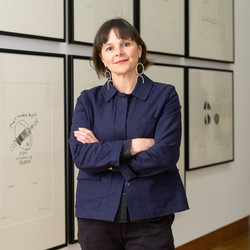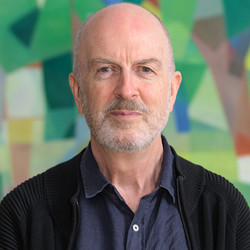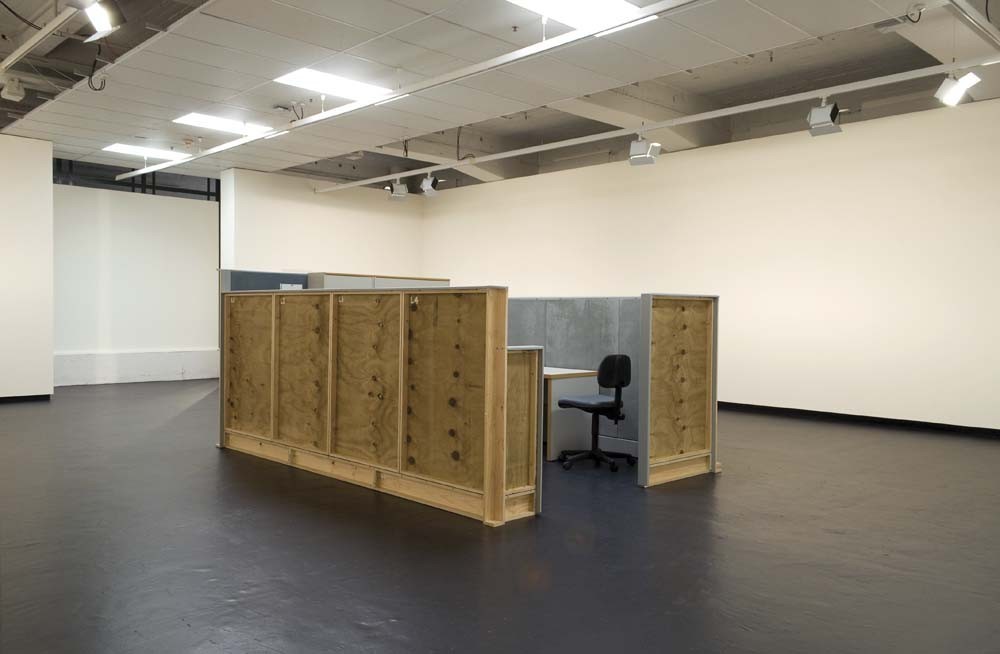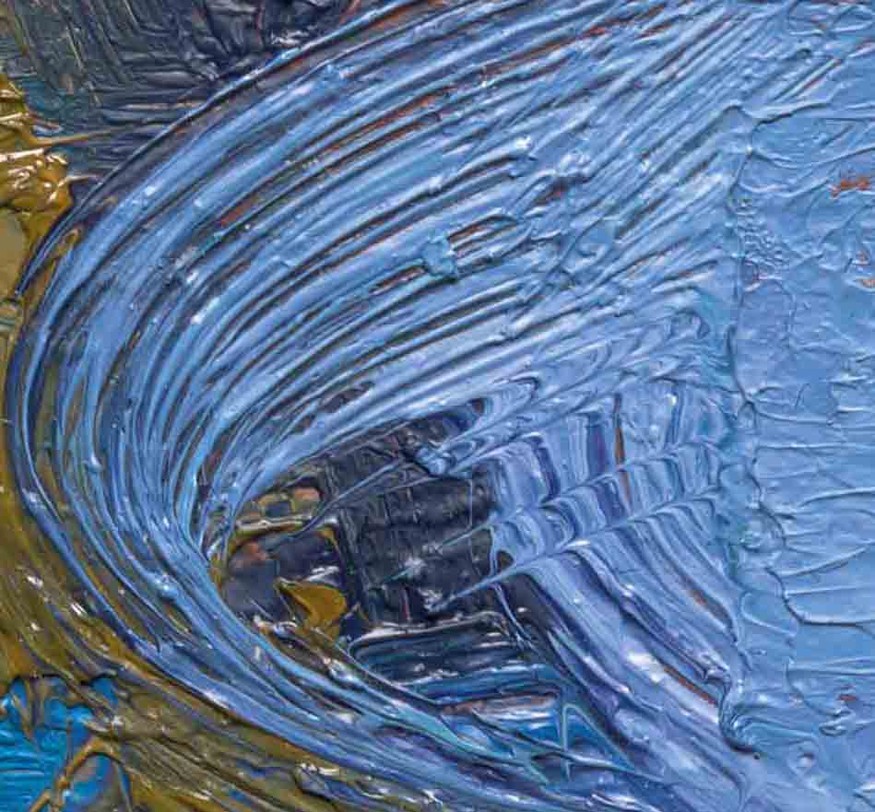Article
B.
Bulletin
New Zealand's leading
gallery magazine
Latest Issue
B.21701 Sep 2024
Contributors
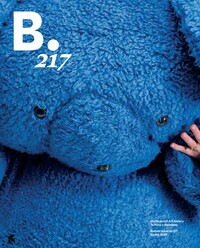
Article
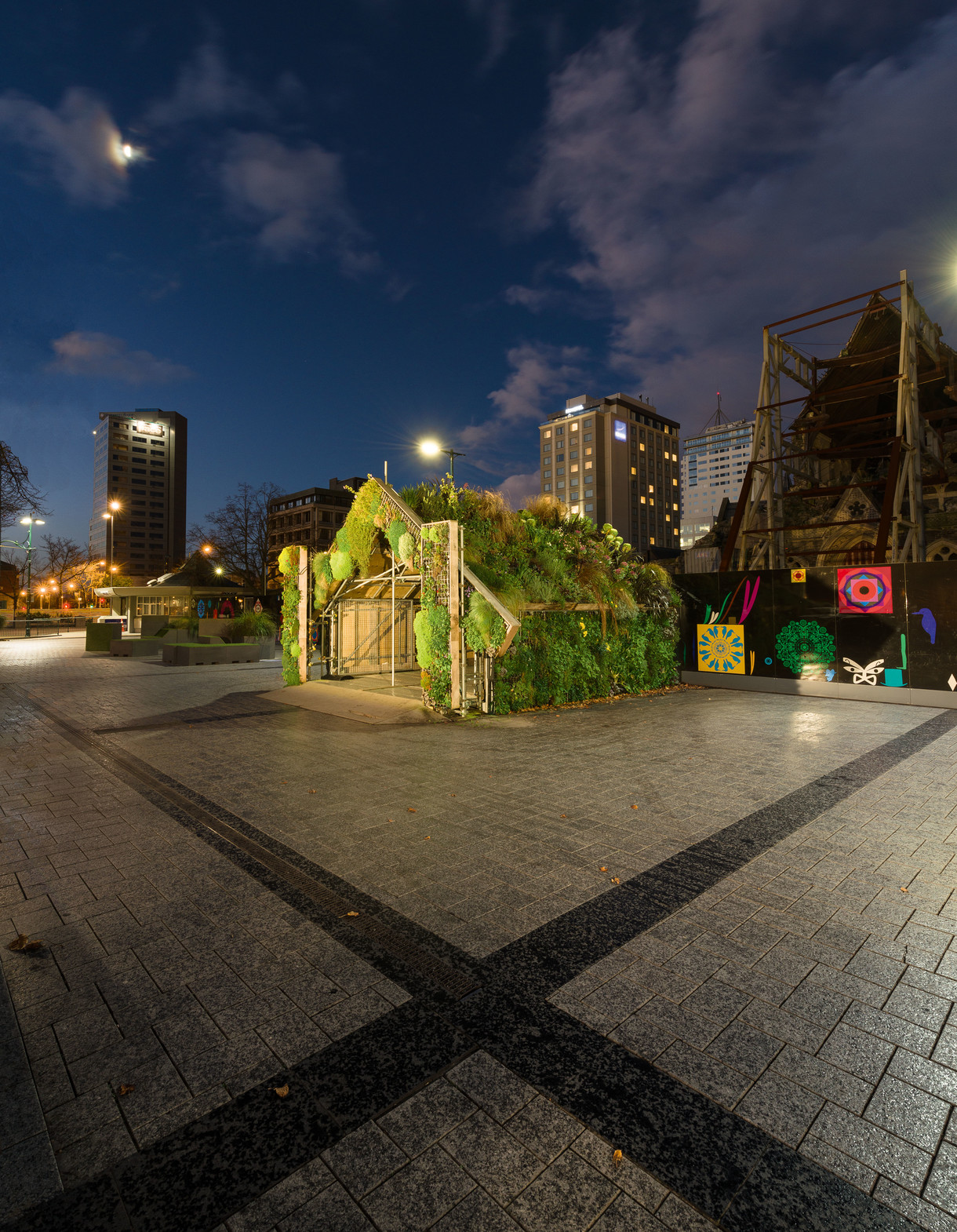
Transformers
Curator Ken Hall writes about his experience of working with artists Chris Heaphy and Sara Hughes, as part of a small team with other city council staff and Ngāi Tahu arts advisors, on the Transitional Cathedral Square artist project.
Article
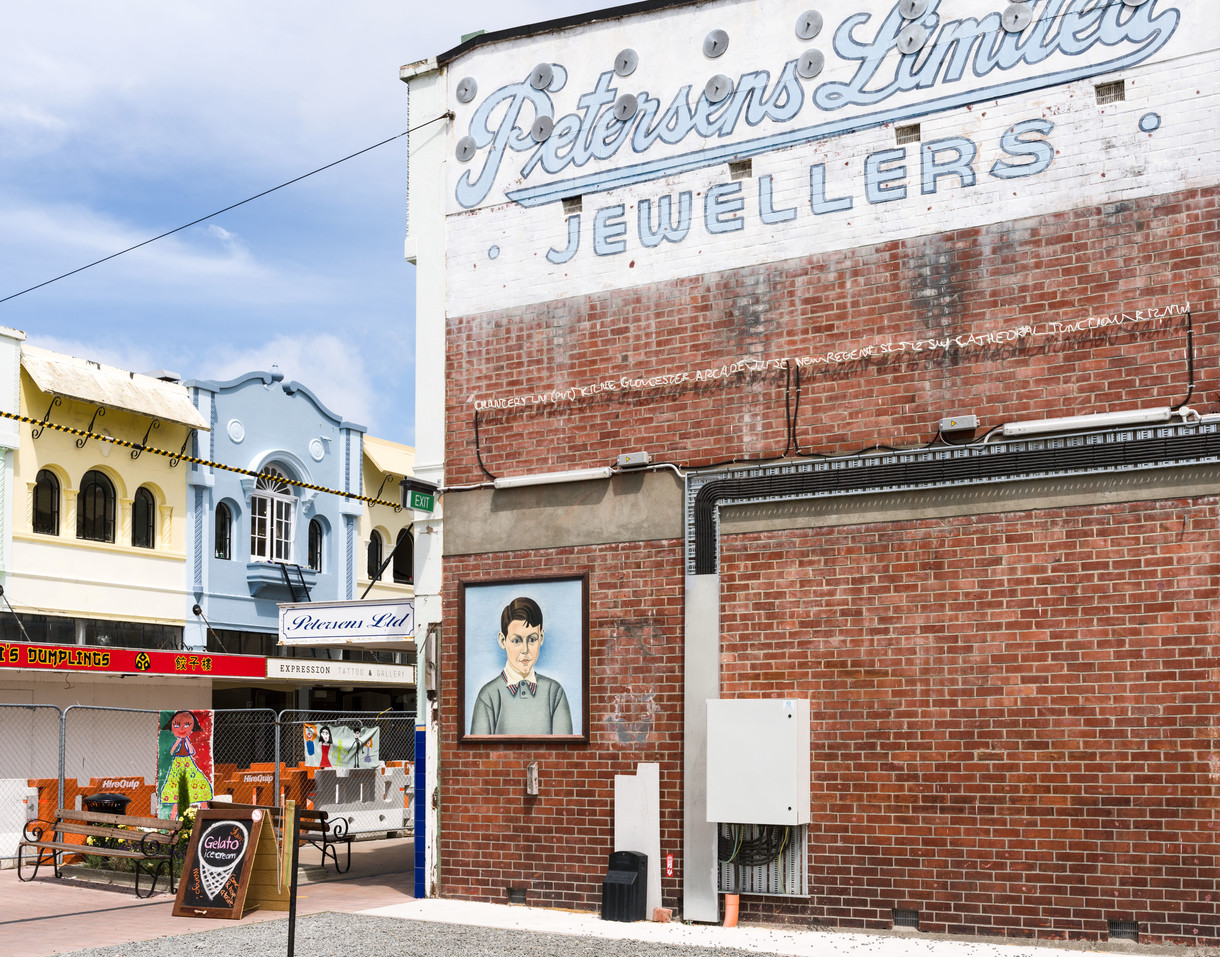
Quiet invasion
The idea of peppering the vestigial city centre with portraits from the collection became part of the Gallery's tenth birthday POPULATE! programme, intended to remind all of us that the collection is, indeed, still here and in good shape.
Article
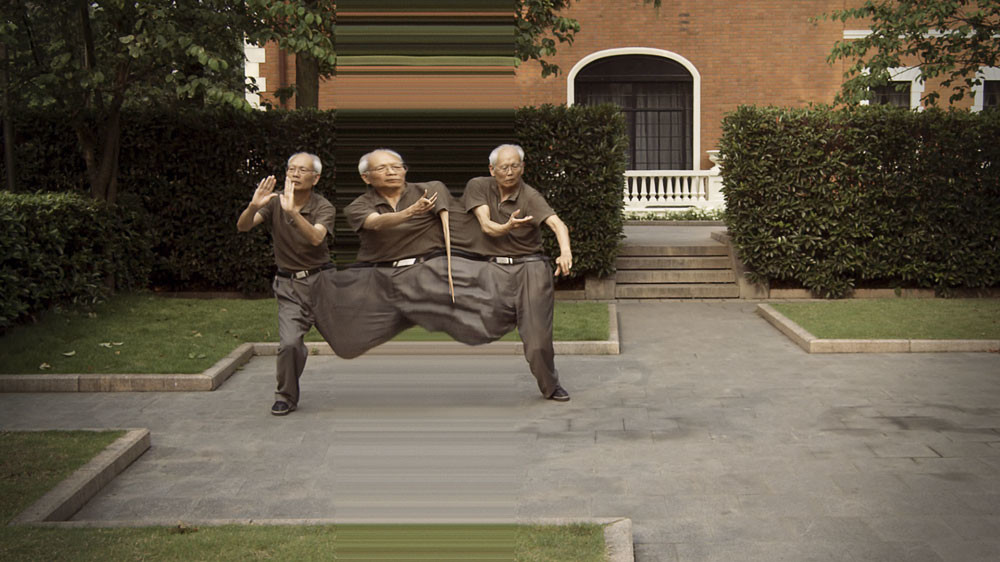
Seeking stillness in movement
Time didn't feel like it was on my side on the day I first saw Daniel Crooks's film Static No.12 (seek stillness in movement) (2009–10). In Sydney for just a couple of days to see the Biennale, I'd committed the cardinal mistake of the international art tourist and bitten off more culture than I had time to chew. By the time I reached Cockatoo Island and its dozens of exhibits, I was suffering from what might be called the Grumpiness of the Long-Distance Art Watcher – a state in which one doesn't absorb the artworks so much as check them off, feeling simultaneously fretful about my dwindling time and resentful about the sheer quantity of art. Though I hardly knew it then, this was the perfect state in which to test Crooks's video – a work that attempts, like no other I know, to induce an altered sense of time.
Article
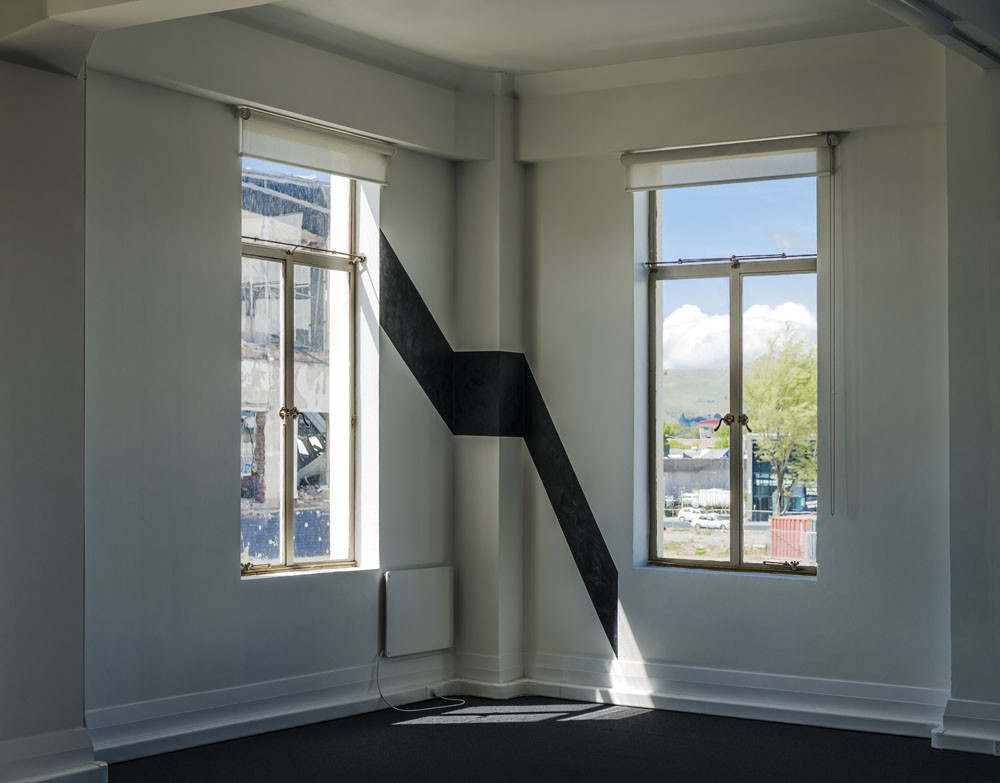
Shifting Lines
It's where we live: the encrusted surface of a molten planet, rotating on its own axis, circling round the star that gives our daylight. Geographically, it's a mapped-out city at the edge of a plain, bordered by sea and rising, broken geological features. Zooming in further, it's a neighbourhood, a street, a shelter – all things existing at first as outlines, drawings, plans. And it's a body: portable abode of mind, spirit, psyche (however we choose to view these things); the breathing physical location of unique identity and passage.
Article
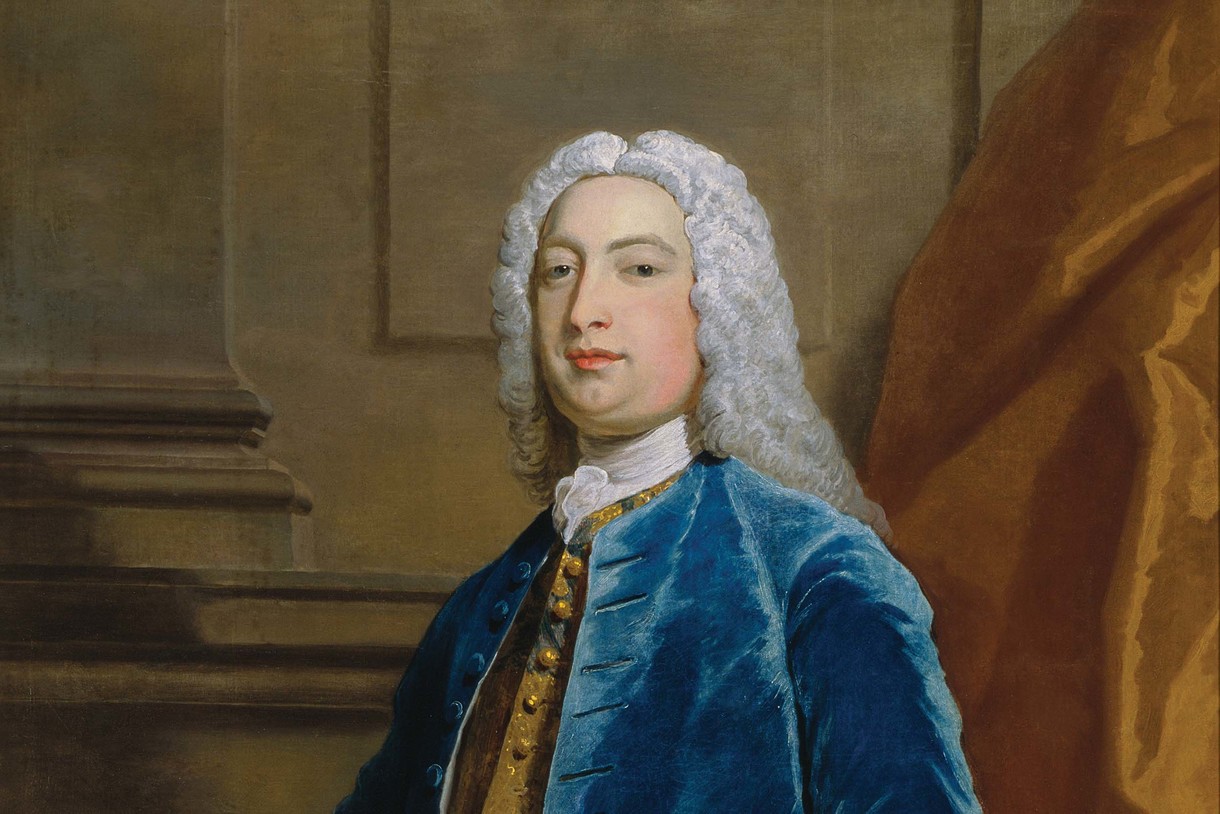
Success to Excess
Several early British portraits in the Gallery’s collection depict sitters whose identity is as yet unknown; pleasingly, their number has been reduced in recent years. One painting in particular—previously titled Portrait of a Gentleman in a Blue Jacket and Embroidered Waistcoat — is greatly enriched by having the story of a specific human life attached to it. It is also unexpectedly linked to other portraits in the collection.
Article
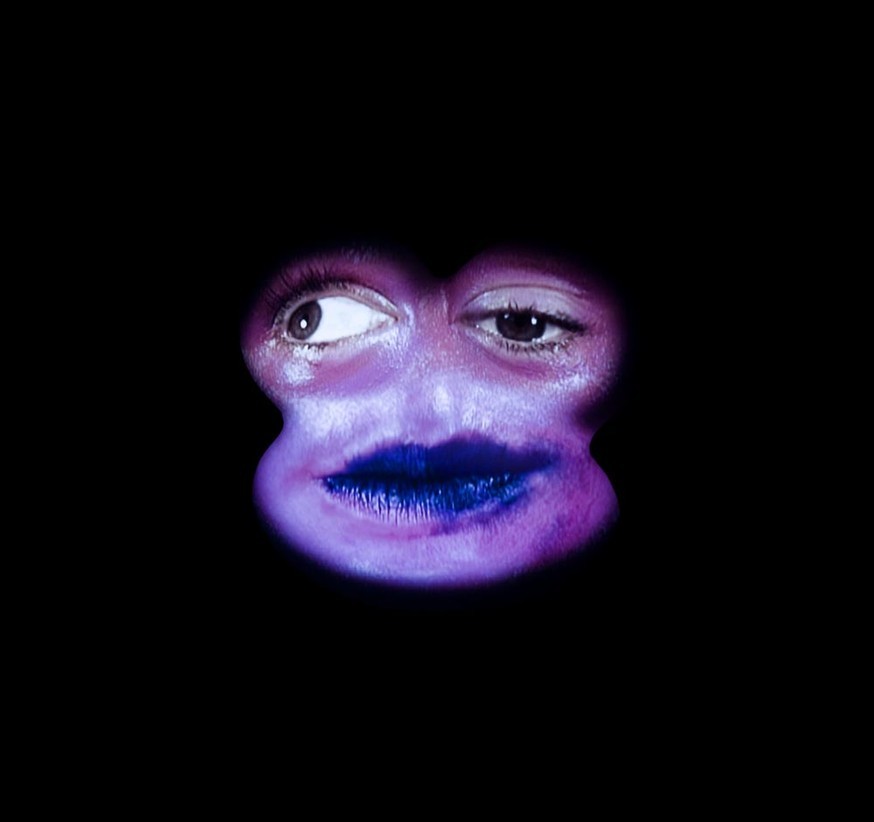
Fall tension tension wonder bright burn want
Curator Felicity Milburn on Tony Oursler and the grotesque.
Article
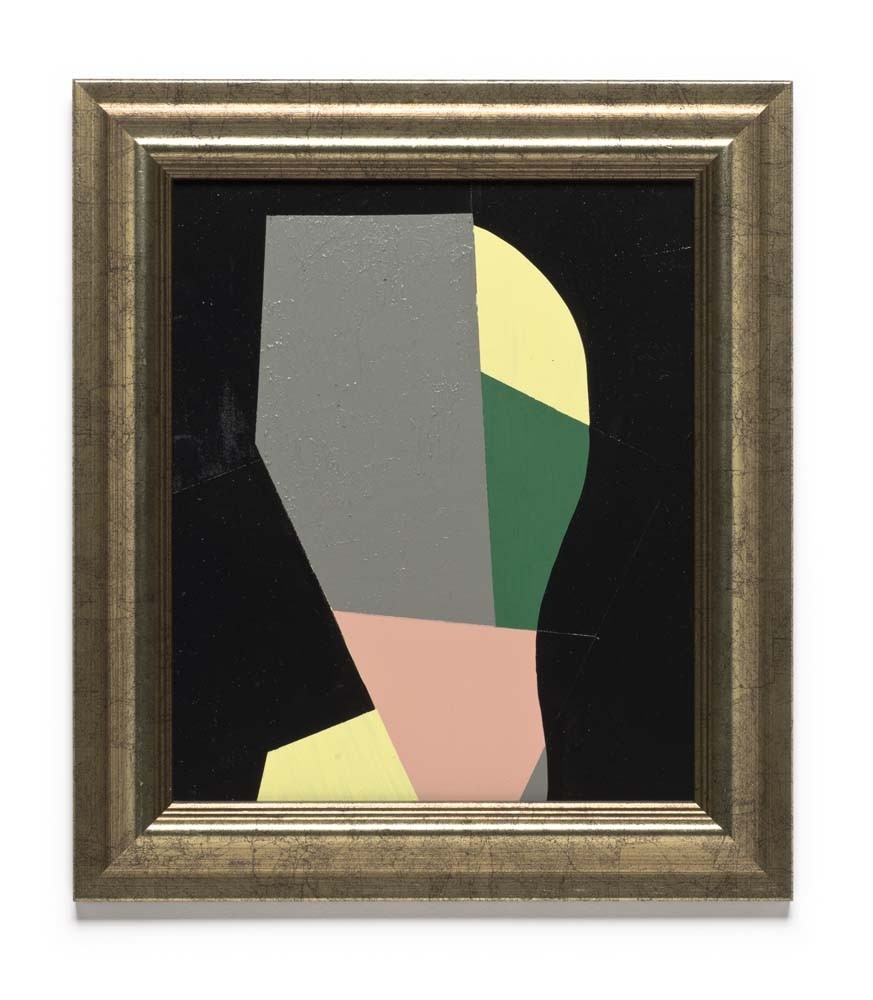
A miscellany of observable illustrations
Romantic notions of gothic leanings, the legacy of Tony Fomison, devotion to rock sub-genres and an eye to the past are familiar and sound reasons to group Tony de Lautour, Jason Greig and Bill Hammond together in one exhibition, but De Lautour / Greig / Hammond is to feature new and recent work. Could all this change? What nuances will be developed or abandoned? Will rich veins be further mined? We can only speculate and accept that even the artists concerned can't answer these questions. For the artist, every work is a new endeavour, a new beginning. What may appear to the public, the critic or the art historian as a smooth, seamless flow of images is for them an unpredictable process where the only boundaries are those that they choose to invent.
Article
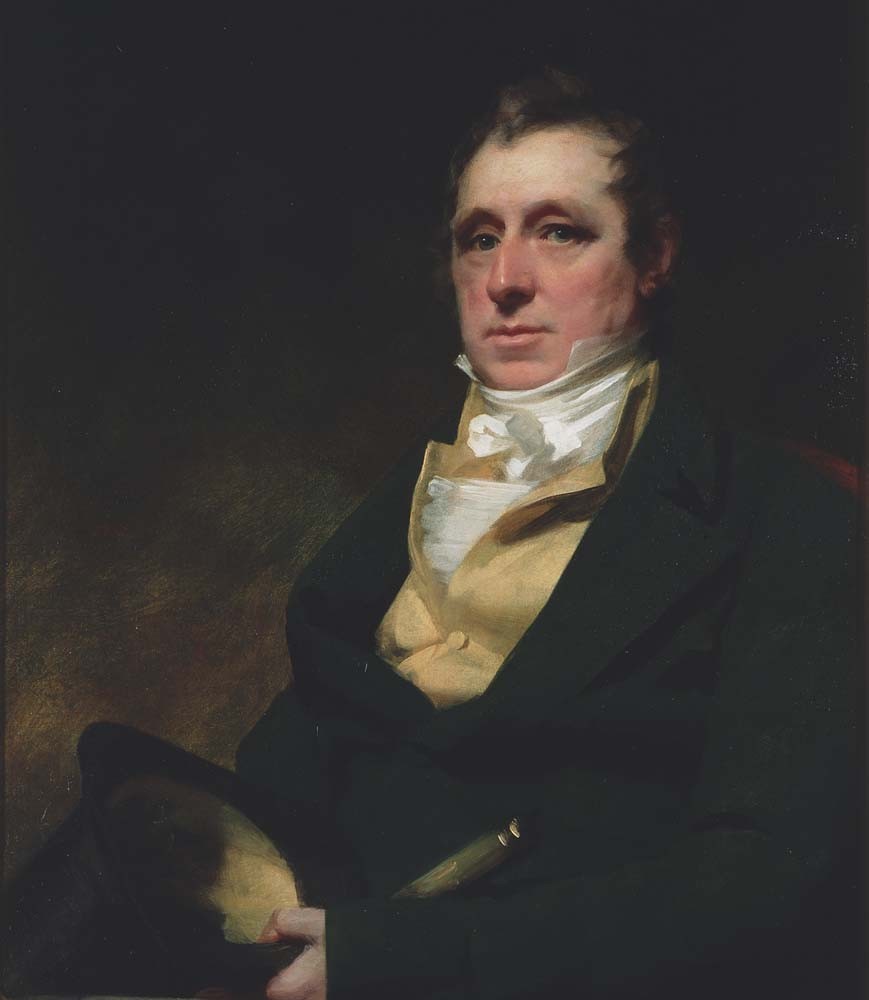
The East India Company man: Brigadier-General Alexander Walker
Getting to know people can take time. While preparing for a future exhibition of early portraits from the collection, I'm becoming acquainted with Alexander Walker, and finding him a rewarding subject. Painted in 1819 by the leading Scottish portraitist of his day, Sir Henry Raeburn, Walker's portrait is wrought with Raeburn's characteristic blend of painterly vigour and attentive care and conveys the impression of a well-captured likeness.


